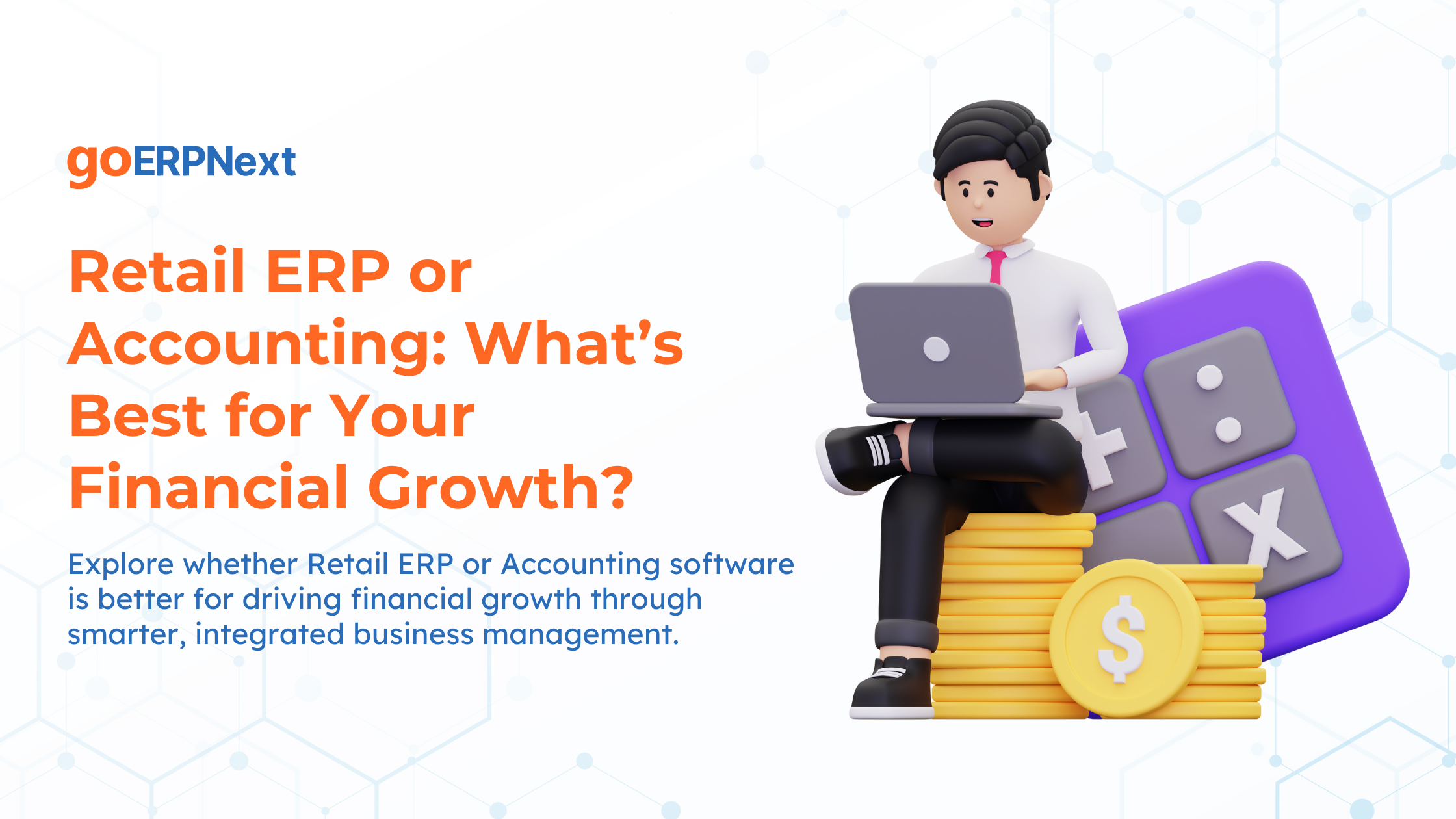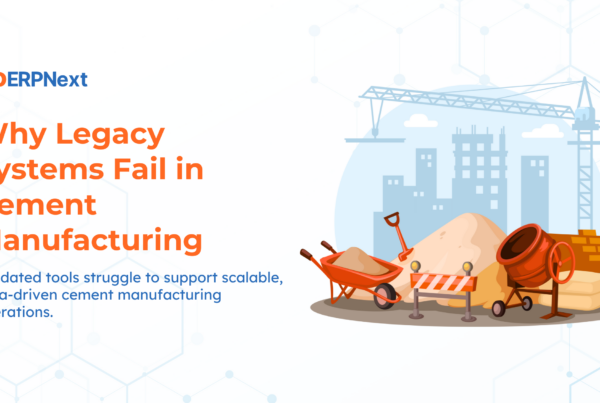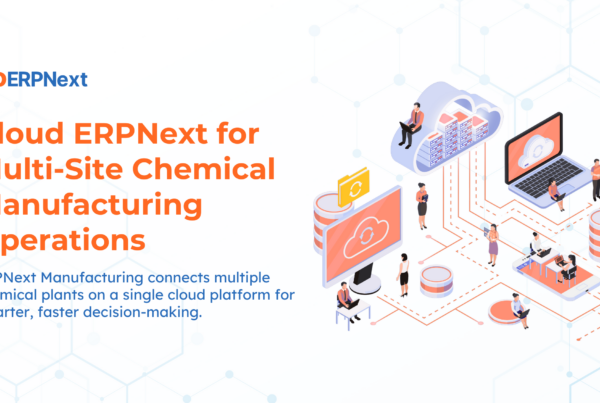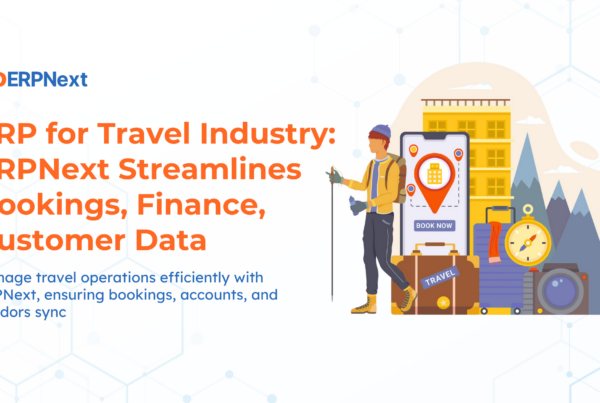
Introduction
In the fast-evolving retail landscape, managing finances effectively is the cornerstone of sustainable growth. Retailers often face a fundamental question when scaling operations: should they rely on a traditional accounting software solution or invest in a comprehensive Retail ERP system?
While accounting software focuses on core financial activities such as bookkeeping, tax filing, and payroll, Retail ERP software offers a broader view—integrating finance with inventory, sales, procurement, and customer relationship management. The decision between these two tools can significantly influence how efficiently your retail business grows.
In this article, we’ll explore the differences, advantages, and real-world implications of choosing Retail ERP vs. accounting software, helping you make an informed decision that drives long-term financial growth.
Understanding the Basics: Accounting Software vs. Retail ERP
Traditional accounting software is designed primarily for financial record-keeping. It manages functions like accounts payable/receivable, general ledgers, expense tracking, tax compliance, and financial reporting.
On the other hand, a Retail ERP system integrates multiple business processes—sales, inventory, finance, HR, customer service, and procurement—into one platform. It provides real-time visibility and control over business operations while ensuring financial accuracy.
The core difference lies in scope and scalability. Accounting software helps manage your books; Retail ERP solutions help manage your business.
When is Accounting Software the Right Fit?
For small retailers or businesses just starting out, accounting systems for retail can be a cost-effective and simple solution. They work well when:
- The business has limited inventory or sales channels
- There’s no need for warehouse or supply chain management
- Customer data is managed separately or manually
- Integration with POS, CRM, or logistics isn’t required
However, as your retail operations expand, you’ll begin to encounter challenges such as inventory discrepancies, delayed reporting, lack of real-time data, and fragmented workflows. That’s when Retail ERP software becomes essential.
Why Retail ERP Is the Better Investment for Financial Growth
Retailers today operate across multiple channels—offline stores, eCommerce platforms, mobile apps, and marketplaces. With growing complexity, the limitations of standalone accounting tools become evident.
Here’s how Retail ERP systems drive financial growth:
1. Integrated Financial Management
A Retail ERP platform connects your financial data to real-time operations—sales, returns, procurement, stock adjustments—giving you accurate P&L and balance sheet views. It ensures that every business transaction is captured, categorized, and analyzed for insights.
2. Inventory and Cost Control
Unlike basic accounting tools, retail ERP solutions track inventory movement across warehouses, stores, and channels. They help you control stock levels, reduce dead inventory, and manage cost of goods sold (COGS) more effectively—directly impacting your bottom line.
3. Automated Tax Compliance and Reporting
Modern retail ERP systems in India support automated GST filings, TDS calculations, and multi-location compliance. Instead of manually compiling tax data, ERP handles it in real time, reducing errors and saving time during audits.
4. Multi-Channel Sales Tracking
Retailers selling on Amazon, Flipkart, Shopify, or physical outlets need a unified view of sales and revenue. ERP for retail businesses offers consolidated reporting and analytics across all channels, ensuring transparency and informed decision-making.
5. Cash Flow Forecasting and Budgeting
With real-time dashboards and forecasting tools, Retail ERP software empowers you to plan budgets, project cash flow, and simulate different financial scenarios—helping you stay ahead in a dynamic market.
6. Customer-Centric Profitability
ERP allows businesses to measure profitability per customer, segment, or product. Integrated CRM modules within ERP help align marketing and finance, leading to better customer retention and increased lifetime value.
Real-Time Decision Making: The ERP Advantage
One of the biggest financial benefits of using retail ERP software is the ability to make decisions based on live data. With role-based dashboards, predictive analytics, and instant notifications, business owners and CFOs can:
- Identify underperforming products
- Monitor debtors and overdue payments
- Track working capital ratios
- Respond faster to market changes
Whereas in traditional accounting systems, reports are often generated post-facto, leading to reactive rather than proactive decisions.
Scalability: Growing Without Growing Pains
As your retail operations scale to include more stores, regions, or international markets, a Retail ERP system becomes indispensable. It handles:
- Multi-currency transactions
- Multi-location inventory
- Centralized finance with decentralized operations
- Cross-border tax compliance
This scalability ensures you won’t need to migrate systems again as your business expands—saving both cost and complexity in the long run.
The Hidden Costs of Sticking to Accounting Software
While accounting software may seem budget-friendly upfront, its limitations can cost you more in the long run. Common issues include:
- Manual reconciliation of data across tools
- Inefficient reporting and decision-making
- High operational dependency on individuals
- Disconnected teams and workflows
These hidden inefficiencies often translate into lost sales, inaccurate forecasts, and compliance penalties—things that can stall financial growth in a competitive retail environment.
Key Takeaways
- Accounting software is ideal for startups or small retail businesses with simple operations.
- Retail ERP systems provide a unified platform that integrates finance with inventory, sales, CRM, HR, and operations.
- ERP enables real-time insights, multi-channel management, and better compliance—critical for sustained financial growth.
- As your business scales, investing in a retail ERP solution reduces costs, improves efficiency, and supports strategic decision-making.
Conclusion
In today’s hyper-competitive retail environment, having a solution that only manages your books is no longer enough. To truly drive financial growth, you need an integrated system that empowers your entire business.
Choosing Retail ERP over accounting software is not just a technological shift—it’s a strategic move towards building a more agile, data-driven, and future-ready retail enterprise. If you’re planning to scale, improve profitability, and gain full control over your operations, the answer is clear: Retail ERP software is your growth partner.


